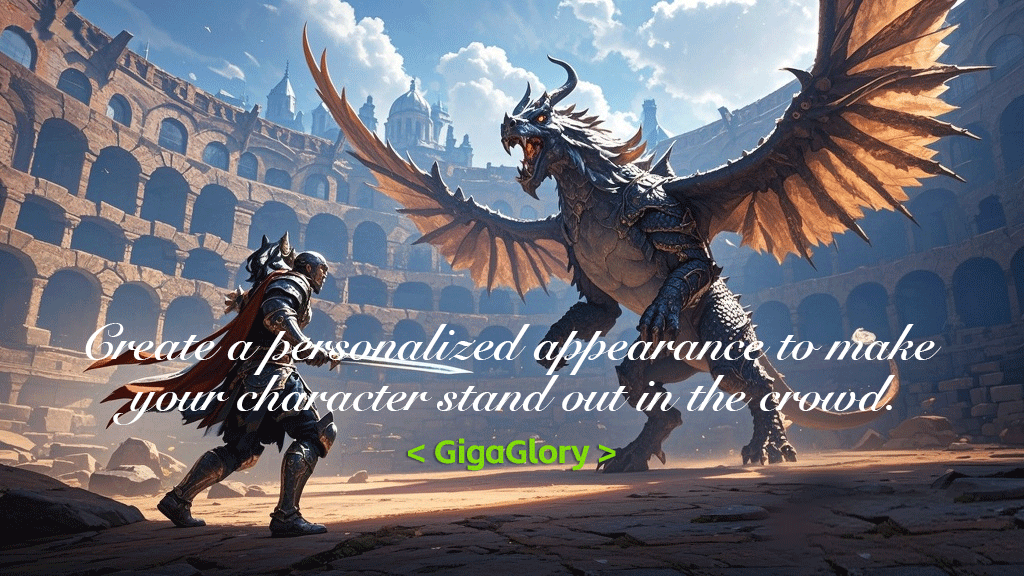Unlocking Knowledge: How Strategy Games Can Enhance Learning in Educational Settings
Education is an ever-evolving field, and as we embrace new methodologies, one approach stands out: strategy games. It's amazing how games, traditionally seen just as leisure activities, are now being recognized for their ability to foster learning. Let's delve into how these educational games can transform classrooms and beyond.
The Rise of Strategy Games in Education
In recent years, there has been a notable surge in the use of games in educational environments. Educators have discovered that strategy games not only engage students but also enhance cognitive skills. The combination of competition and collaboration encourages deeper understanding and social interaction.
Why Strategy Games Work
- Critical Thinking: Players must assess situations and make decisions.
- Problem Solving: Resilience is built as players navigate obstacles.
- Teamwork: Many strategy games require players to work together, promoting communication.
Educational Benefits of Strategy Games
It's vital to explore the specific educational benefits. Games like "Rise of Kingdoms," a popular mobile strategy game featuring different civilizations, allow players to engage in planning and strategizing, which can be linked to real-world scenarios.
| Benefit | Explanation |
|---|---|
| Engagement | Students are more likely to participate when learning through games. |
| Retention | Games enhance memory retention compared to traditional learning methods. |
| Motivation | Competitive elements motivate students to improve. |
Going from Couch Potato to Marathon Runner: Similar Mindsets
Just as a couch potato may seem far from a marathon runner, many students may initially struggle with engaging in education. Strategy games can bridge this gap, promoting an active learning culture where students gradually become more involved and willing to tackle challenges.
Implementing Strategy Games in Classrooms
So, how can educators incorporate these games? Here are a few ideas:
- Use games as warm-ups to stimulate interest.
- Integrate gaming sessions into the curriculum regularly.
- Encourage teamwork through group challenges.
Case Studies: Success Stories
Schools across Hungary have experimented with these educational tools. For example, a local high school implemented a strategy game week. The results were incredible, with students showing improved problem-solving skills and increased engagement. This isn't just an isolated case, as many institutions worldwide report similar outcomes.
Challenges and Solutions
Despite the benefits, introducing strategy games in education isn't without challenges. Some educators may feel resistant due to time constraints or lack of familiarity with games. However, professional development and collaborative planning can address these issues.
Recommended Strategy Games for Educators
- Rise of Kingdoms: Engages players in building civilizations.
- Civilization VI: A turn-based strategy game that fosters historical learning.
- Age of Empires: Offers insights into historical events through interactive gameplay.
The Future of Educational Gaming
The landscape of education is transforming. As technology advances, so does the potential for strategy games to become a mainstream educational tool. The integration of augmented reality and immersive simulations hints at even more engaging learning experiences.
Key Takeaways
- Strategy games can enhance learning by fostering engagement.
- They develop critical thinking and problem-solving skills.
- Successful implementation requires creative planning and support.
Conclusion
In summary, the inclusion of strategy games in educational settings presents a unique opportunity to enhance learning experiences. By tapping into the motivations and interests of students, educators can transition from traditional methods to more dynamic and interactive approaches. As society continues to advance, embracing these changes will undoubtedly lead to a richer, more engaging educational landscape.



